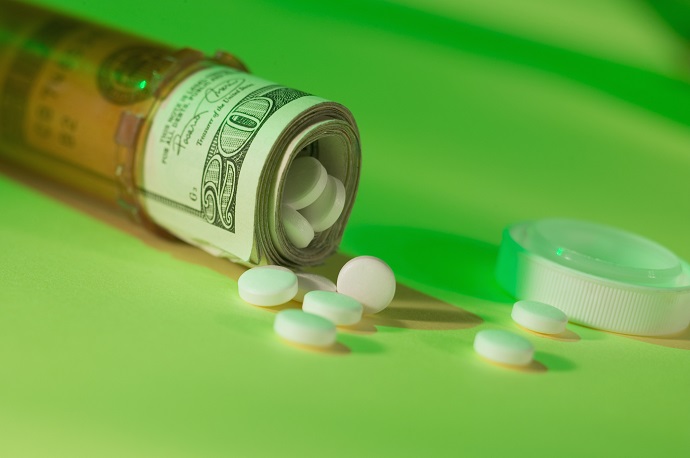Why the Generic Drug Market is a Growing Payer Opportunity
The generic drug market can offer opportunities for payers as consumer demand for cost-effective pharmaceuticals rises.

Source: Thinkstock
- As payers try to ease the rising costs of prescription drugs, which account for 10 percent of national healthcare spending, they may wish to turn to the generic drug market to help curb unnecessary spending and improve profitability.
Generics are less expensive than brand name alternatives while being just as effective. According to a report from USC Brookings, this means that both payers and patients stand to benefit from turning to generic alternatives instead of brand name pharmaceuticals.
Patients pay low cost-sharing prices on generic drug prescriptions, averaging $5 per prescription. Payers pay an average of $12 dollars.
In contrast, US patients spend around $300 billion a year on brand-name drugs. The retail price of a single prescription averages $714. Brand-name drugs account also account for 73 percent of retail drug spending even though they only comprise 11 percent of all consumer prescriptions.
An IQIVA market report also found that the listed price of drugs, the dollar amount of drugs before benefits and cost-sharing are factored in, were also much more affordable in the generic drug market than the brand-name market.
Encouraging the use of generics is estimated to save billions for public payer programs, if not more on total US healthcare spending, based on data presented by the Generic Pharmaceutical Association (GPA).
The distribution and use of generic drugs helped save the nation’s healthcare system $1.01 trillion dollars over a decade, with $193 billion alone in 2011. Generic drug savings in 2011 equated to a spending reduction rate of $1 billion every other day during the decade.
The report added that improving generic utilization for Medicare Part D beneficiaries could save the Medicare program another $29 billion over 10 years.
Payers that increase the incentive for providers to prescribe generics, and for patients to choose generics over brand names, can further reduce unnecessary healthcare spending for payers and patients alike.
AARP suggests that payers can implement outreach strategies such as patient education, benefit design around the use of generics, and generic substitution policies to promote their use among beneficiaries.
Generic substitution policies from payers require providers to prescribe generics before brand-name drugs, and may also include requirements for prior authorization before clinicians can prescribe brand-name drugs to beneficiaries.
Other generic substitution policies include step therapy, where drug therapy is initiated with generic drugs and progresses to the use of brand-name drugs if side-effects or health conditions worsen.
Payers can also participate in drug benefits to allow e-prescribing of generics, mail-in access to generics, and public education projects that publish cost-comparisons of generic drugs to brand-name ones.
Federal agencies and industry advocacy groups are also trying to reduce spending by making generic drugs a more attractive option for payers and beneficiaries.
The FDA is trying to speed up generic manufacturing and approvals, while creating more complex generic drugs, wrote FDA Commissioner Scott Gotlieb in a blog post.
“Being able to ‘genericize’ a complex drug can be a high-value opportunity for a generic drug maker that helps underwrite the costs of other generic applications,” he said.
“In other words, because brand-name versions of complex drug products are often higher-priced than many other brand name drugs, any steps we can take to encourage the development of generic competitors to complex drugs will have an outsized impact on access, and prices.”
The Pharmaceutical Care Management Association (PCMA) recently suggested that decreasing the time to develop biosimilars will increase the number of generics on the prescription drug.
In written testimony to the Senate, AARP stated that policies should increase generic market competition as well as limit pharmaceutical agreements that substitute generic drugs for brand-name ones.
Payers that can effectively promote the use of generics among their beneficiaries, and assist policymakers with pro-generic legislation, will be able benefit financially from the generic drug market while controlling healthcare spending.
